选课中心NEW
7099人选课
SAT【0】元讲座
免费学
托福【0】元讲座
免费学
SAT模考网站HOT
39209人预约
托福备考练习HOT
39209人预约
SAT辅导课程NEW
免费报名
AP辅导课程NEW
立即报名
中学生托福课程NEW
立即报名
大学生托福课程NEW
立即报名
【定制】1v1
私人订制
【资料】考前冲刺
精
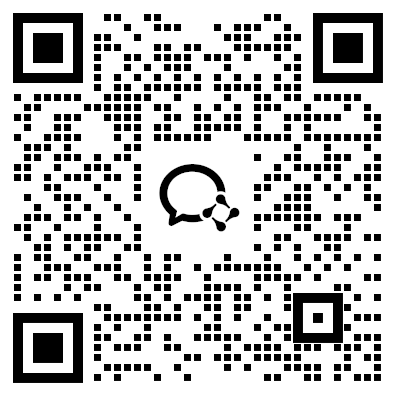
扫码添加助教
免费领取
备考资料大礼包

扫码关注公众号
为了帮助大家高效备考sat,新东方在线sat考试网为大家带来SAT阅读练习题|附答案解析(十),希望对大家SAT备考有所帮助。更多精彩尽请关注新东方在线SAT频道!
10 mins - 7 questions
The extract is taken from a book written sixty years ago by a British scientist in which he considers the relationship between science and society.
The pioneers of the teaching of science imagined that its
introduction into education would remove the conventionality,
artificiality, and backward-lookingness which were characteristic;
of classical studies, but they were gravely disappointed. So, too, in
5 their time had the humanists thought that the study of the classical
authors in the original would banish at once the dull pedantry and
superstition of mediaeval scholasticism. The professional
schoolmaster was a match for both of them, and has almost
managed to make the understanding of chemical reactions as dull
10 and as dogmatic an affair as the reading of Virgil's Aeneid.
The chief claim for the use of science in education is that it
teaches a child something about the actual universe in which he is
living, in making him acquainted with the results of scientific
15 discovery, and at the same time teaches him how to think logically
and inductively by studying scientific method. A certain limited
success has been reached in the first of these aims, but practically
none at all in the second. Those privileged members of the
community who have been through a secondary or public school
20 education may be expected to know something about the
elementary physics and chemistry of a hundred years ago, but they
probably know hardly more than any bright boy can pick up from
an interest in wireless or scientific hobbies out of school hours.
As to the learning of scientific method, the whole thing is palpably
25 a farce. Actually, for the convenience of teachers and the
requirements of the examination system, it is necessary that the
pupils not only do not learn scientific method but learn precisely
the reverse, that is, to believe exactly what they are told and to
reproduce it when asked, whether it seems nonsense to them or
30 not. The way in which educated people respond to such quackeries
as spiritualism or astrology, not to say more dangerous ones such
as racial theories or currency myths, shows that fifty years of
education in the method of science in Britain or Germany has
produced no visible effect whatever. The only way of learning the
35 method of science is the long and bitter way of personal
experience, and, until the educational or social systems are altered
to make this possible, the best we can expect is the production of a
minority of people who are able to acquire some of the techniques
of science and a still smaller minority who are able to use and
40 develop them.
1. The author implies that the 'professional schoolmaster' (line 7) has
A. no interest in teaching science
B. thwarted attempts to enliven education
C. aided true learning
D. supported the humanists
E. been a pioneer in both science and humanities.
2. The author’s attitude to secondary and public school education in the sciences is
A. ambivalent
B. neutral
C. supportive
D. satirical
E. contemptuous
3. The word ‘palpably’ (line 24) most nearly means
A. empirically
B. obviously
C. tentatively
D. markedly
E. ridiculously
4. The author blames all of the following for the failure to impart scientific method through the education system except
A. poor teaching
B. examination methods
C. lack of direct experience
D. the social and education systems
E. lack of interest on the part of students
5. If the author were to study current education in science to see how things have changed since he wrote the piece, he would probably be most interested in the answer to which of the following questions?
A. Do students know more about the world about them?
B. Do students spend more time in laboratories?
C. Can students apply their knowledge logically?
D. Have textbooks improved?
E. Do they respect their teachers?
6. Astrology (line 31) is mentioned as an example of
A. a science that needs to be better understood
B. a belief which no educated people hold
C. something unsupportable to those who have absorbed the methods of science
D. the gravest danger to society
E. an acknowledged failure of science
7. All of the following can be inferred from the text except
A. at the time of writing, not all children received a secondary school education
B. the author finds chemical reactions interesting
C. science teaching has imparted some knowledge of facts to some children
D. the author believes that many teachers are authoritarian
E. it is relatively easy to learn scientific method.
1.Correct Answer: B
Explanation:
When we look back to line 7, we read, "The professional schoolmaster was a match for both of them, and has almost managed to make the understanding of chemical reactions as dull and as dogmatic an affair as the reading of Virgil's Aeneid."
This tells us that the schoolmaster has made learning dull. And so we eliminate answers C and E which imply he has done something good.
But to be sure of the answer we should also read the previous sentences. We learn that, "The pioneers of the teaching of science imagined that its introduction into education would remove the conventionality, artificiality, and backward-lookingness which were characteristic of classical studies......" This section tells us that other people tried to alter the nature of education, but the "professional schoolmaster was a match for both of them". He therefore prevented (thwarted) these attempts, and the answer is B.
2.Correct Answer: E
Explanation:
To find the attitude, try asking yourself whether the author is positive, negative or neutral to the subject. Then look for the evidence. Here, it is obvious that he thinks that nothing very valuable is learned in school about science and scientific method. He is therefore negative. Eliminate the neutral (A and B) words, and the positive (C), and then decide between D and E. He seems to be expressing contempt rather than mocking. And so E is the best choice.
3.Correct Answer: B
Explanation:
Go back to the text and find a word of your own to replace ‘palpably’ before you even look at the choices. We read, "As to the learning of scientific method, the whole thing is palpably a farce." Here, I could substitute ‘obviously’ or ‘clearly’. As it happens, one of the words is there in the choices. (B). If it had not been there, there would have been something sufficiently similar to make a choice.
4.Correct Answer: E
Explanation:
Be careful on ‘except’ questions. You are looking for something the author does not do.
He does blame poor teaching, (lines 7-10), exams (line 26), social and education systems (line 36), lack of direct experience (lines 34-38), but he never blames the students. Hence answer E.
5.Correct Answer: C
Explanation:
This is an ‘inference’ question. We need to find out what the author’s main complaint is. This concern of the author will tells us what he would like to see. From lines 11 to 18 in particular we learn that he is especially interested in whether a student can apply his or her knowledge. So, we conclude that answer C is best.
6.Correct Answer: C
Explanation:
Astrology is mentioned as a ‘quackery’. Quackery is something that claims to be true but is actually based on falsity. He implies that people are fooled by astrology, but he also implies that there are other more ‘dangerous’ ideas. So we eliminate A, B and D. It is not likely that astrology is a ‘failure of science’, but it is something that scientists would not approve of. Hence answer C.
7.Correct Answer: E
Explanation:
This is an ‘except’ question. Be careful! You are looking for something that cannot be inferred from the text. We can find evidence that the author finds reactions interesting (line 9), and that children have learnt some facts (beginning of the second paragraph), and that he thinks teachers are strict (line 10 and part of paragraph 2). We can also infer from the use of the phrase ‘privileged members’ (line 18) that he believes that not all received secondary education. But we find that he thinks it is hard to learn scientific method- ‘The only way of learning the method of science is the long and bitter way of personal experience". And so we choose E.
以上就是关于“SAT阅读练习题|附答案解析(十)”的内容,如果同学们还需要更多sat备考资料,可添加下方助老师微信免费获取美本考试资料大礼包!
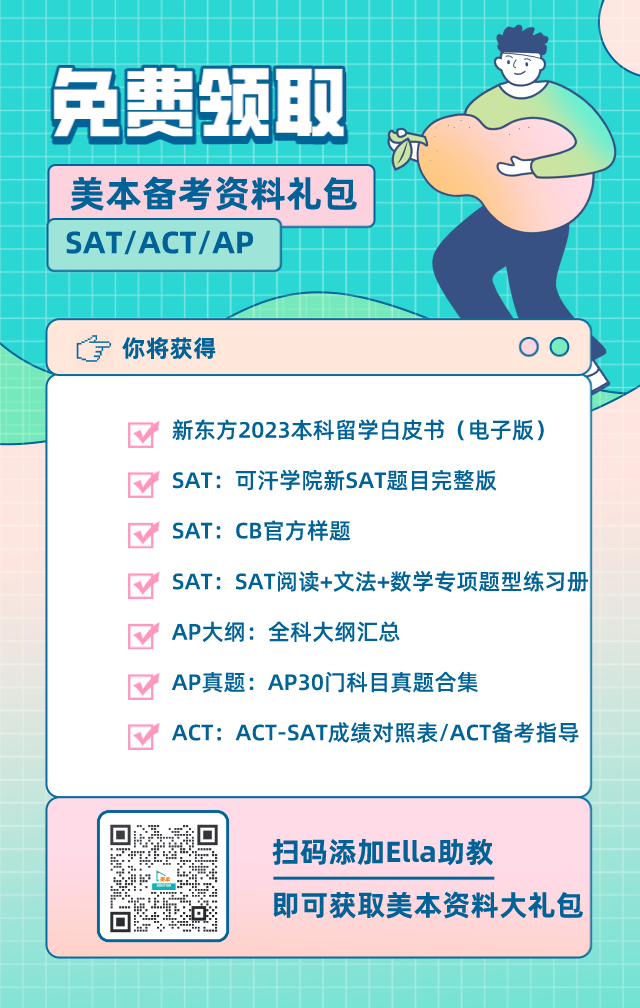
SAT水平能力测试【0元免费测试】
本文关键字: sat阅读练习题
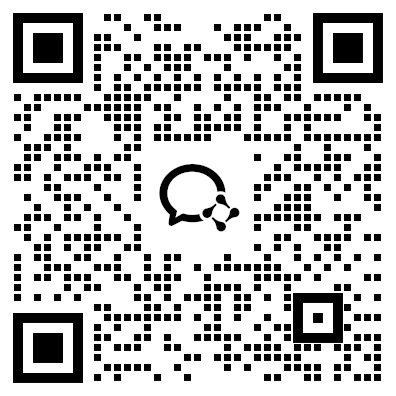
 资料下载
资料下载
【SAT】SAT官方指南题目合集10套
发布时间:2024-04-15添加新东方在线美本助教号
回复【美本资料】获取
SAT阅读+文法+数学专项题型练习册
发布时间:2024-05-31添加新东方在线美本助教号
回复【美本资料】获取
机考SAT-可汗练习题
发布时间:2024-02-29添加新东方在线美本助教号
回复【美本资料】获取
机考SAT-CB官方样题
发布时间:2024-02-29添加新东方在线美本助教号
回复【美本资料】获取
《学科留学百问 (AP-IB-A Level)》
发布时间:2023-02-22添加新东方在线美本助教号
回复【美本资料】获取
2024中国学生留学备考白皮书
发布时间:2023-02-22添加新东方在线美本助教号
回复【美本资料】获取
2023北美考试一本通高中篇
发布时间:2023-02-22添加新东方在线美本助教号
回复【美本资料】获取
新东方SAT阅读讲义
发布时间:2023-02-06添加新东方在线美本助教号
回复【美本资料】获取
2023北美考试一本通高中篇
发布时间:2024-02-29关注美本留学家长帮微信订阅号
回复【美本资料】获取
2024中国学生留学备考白皮书
发布时间:2019-12-19添加新东方在线美本助教号
回复【美本】获取
《学科留学百问 (AP-IB-A Level)》
发布时间:2019-12-19添加新东方在线美本助教号
回复【美本资料】获取
机考SAT-CB官方样题
发布时间:2019-12-19添加新东方在线美本助教号
回复【美本资料】获取
机考SAT-可汗练习题
发布时间:2019-12-19添加新东方在线美本助教号
回复【美本资料】获取
SAT阅读+文法+数学专项题型练习册
发布时间:2019-11-28添加新东方在线美本助教号
回复【美本资料】获取

添加美本助教
即可获取美本资料大礼包

 推荐阅读
推荐阅读
2024年QS学科排名出炉,喜报!美国大学在全球60个学科领域中,斩获了惊人的32个世界第一的头衔!这一数字是英国的两倍还多,彰显了美国高等教育的卓越实力和全球影响力。
来源 : 网络整理 2024-04-23 14:46:36 关键字 : 美国大学qs学科排名,qs学科排名
在2024年的QS学科排名中,英国大学再次展现了他们在教育领域的卓越表现。这次排名中,英国大学在16个学科领域取得了世界第一的成绩,为其在全球教育界树立了新的标杆。
来源 : 网络整理 2024-04-23 11:16:49 关键字 : QS学科排名,英国大学qs学科排名
市场营销作为当代商业领域中至关重要的学科之一,一直备受关注。为了帮助读者更好地了解2024年全球市场营销学科的最新发展和排名情况,本文将介绍QS世界大学市场营销学科的排名榜单,并提供相关的官网链接供读者参考。
来源 : 网络整理 2024-04-23 10:21:37 关键字 : 市场营销学科排名,qs学科排名
备受关注的2024年酒店管理学科全球大学排名榜单终于揭晓,给全球学子带来了巨大的惊喜和期待。作为酒店管理学科领域的权威排行榜,该榜单汇集了各大知名院校和学者的投票和研究结果,为学生们提供了一份权威的选校参考指南。
来源 : 网络整理 2024-04-23 10:15:16 关键字 : 酒店管理学科排名,qs学科排名
每年QS世界大学统计与运筹学学科排名榜单都受到广泛关注,2024年的排名榜单也引起了极大的关注和讨论。首先,让我们来看一下2024QS世界大学统计与运筹学学科排名榜单的前几名。
来源 : 网络整理 2024-04-23 10:10:12 关键字 : 统计与运筹学学科排名,qs学科排名
随着2024QS世界大学经济与计量经济学学科排名榜单的发布,我们可以全面了解到这一领域的最新动态。本文将为您详细介绍2024QS世界大学经济与计量经济学学科排名榜单,解读其中的重点内容,并对我国相关大学在排名中的表现进行分析。
来源 : 网络整理 2024-04-23 10:03:55 关键字 : 经济与计量经济学学科排名,qs学科排名
最新发布的2024QS世界大学社会政策与行政管理排名榜单已经震动了全球教育界。这一排名榜单是依据世界知名教育机构QS(Quacquarelli Symonds)的权威数据和专业评估,为我们提供了一份准确且独具参考价值的全球大学排名。
来源 : 网络整理 2024-04-22 17:01:59 关键字 : 社会政策与行政管理学科排名,qs学科排名
社会学作为一门独具特色的学科,对于了解人类社会的发展和变迁起着举足轻重的作用。每年,QS世界大学社会学排名榜单会揭晓全球各大高等院校在这一领域的表现,并成为了各界人士瞩目的焦点。今天,让我们一起来揭晓2024年的榜单,并深入探讨排名的背后故事。
来源 : 网络整理 2024-04-22 16:56:00 关键字 : 社会学学科排名,qs学科排名
在当今竞争激烈的社会中,选择一所优秀的大学对我们的未来发展至关重要。随着法律行业的日益发展和全球化的趋势,了解和掌握国际上优秀的法律学府成为了无比重要的事情。而2024QS世界大学法律与法律研究排名榜单正是我们选择合适学府的权威指南。
来源 : 网络整理 2024-04-22 16:51:49 关键字 : 法律与法律研究学科排名,qs学科排名
2024QS世界大学教育与培训排名榜单,作为权威的评估之一,给出了全球范围内的学府排名。本次榜单覆盖了各个学科领域,综合评估了学校的教学质量、师资水平、科研实力等多个方面,旨在为学生和家长提供一个参考。
来源 : 网络整理 2024-04-22 16:48:08 关键字 : 教育与培训学科排名,qs学科排名

自动领取备考资料大礼包
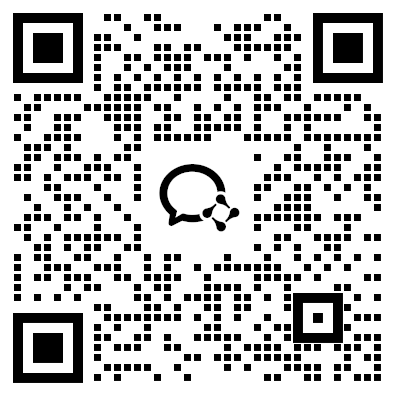
1. 打开手机微信【扫一扫】,识别上方二维码;
2.添加【美本助教】,自动领取留学备考资料大礼包。
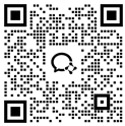
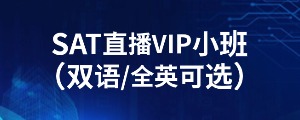 SAT直播/精讲课
SAT直播/精讲课
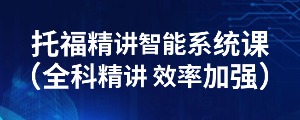 托福精讲系统课(旗舰版)
托福精讲系统课(旗舰版)
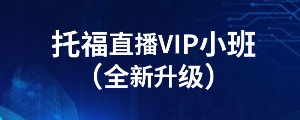 托福直播VIP小班
托福直播VIP小班
 公开讲座
公开讲座
真实了解自己的水平,为备考做好规划!
价格 : ¥0元
真实了解自己的水平,为备考做好规划!
价格 : ¥0元
真实了解自己的水平,为备考做好规划!
价格 : ¥0元

 资料下载
资料下载
添加新东方在线美本助教号
回复【美本资料】获取
添加新东方在线美本助教号
回复【美本资料】获取
添加新东方在线美本助教号
回复【美本资料】获取
添加新东方在线美本助教号
回复【美本资料】获取
添加新东方在线美本助教号
回复【美本资料】获取
添加新东方在线美本助教号
回复【美本资料】获取
添加新东方在线美本助教号
回复【美本资料】获取
添加新东方在线美本助教号
回复【美本资料】获取
关注美本留学家长帮微信订阅号
回复【美本资料】获取
添加新东方在线美本助教号
回复【美本】获取
添加新东方在线美本助教号
回复【美本资料】获取
添加新东方在线美本助教号
回复【美本资料】获取
添加新东方在线美本助教号
回复【美本资料】获取
添加新东方在线美本助教号
回复【美本资料】获取

自动领取备考资料大礼包

1. 打开手机微信【扫一扫】,识别上方二维码;
2.添加【Ella助教】,自动领取留学备考资料大礼包。
 阅读排行榜
阅读排行榜
 相关内容
相关内容